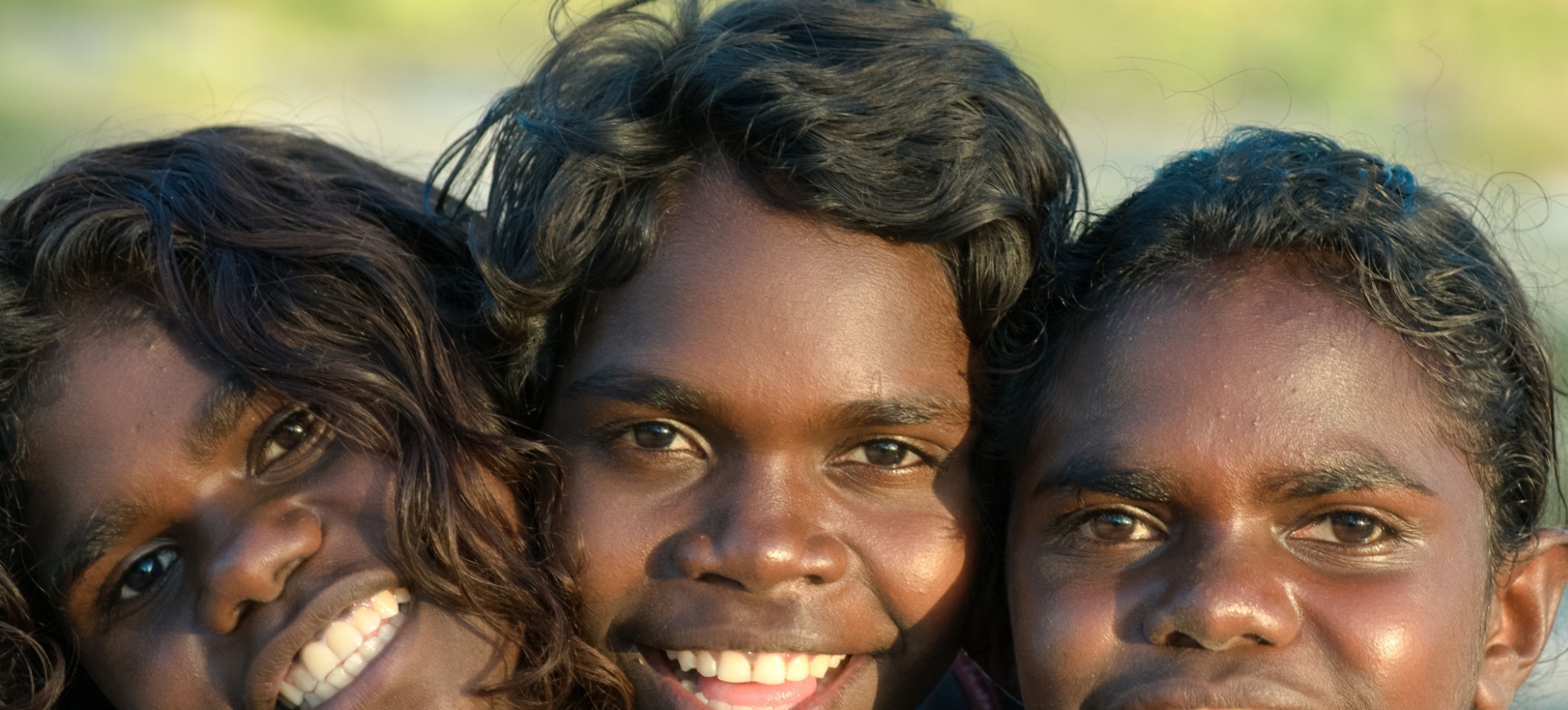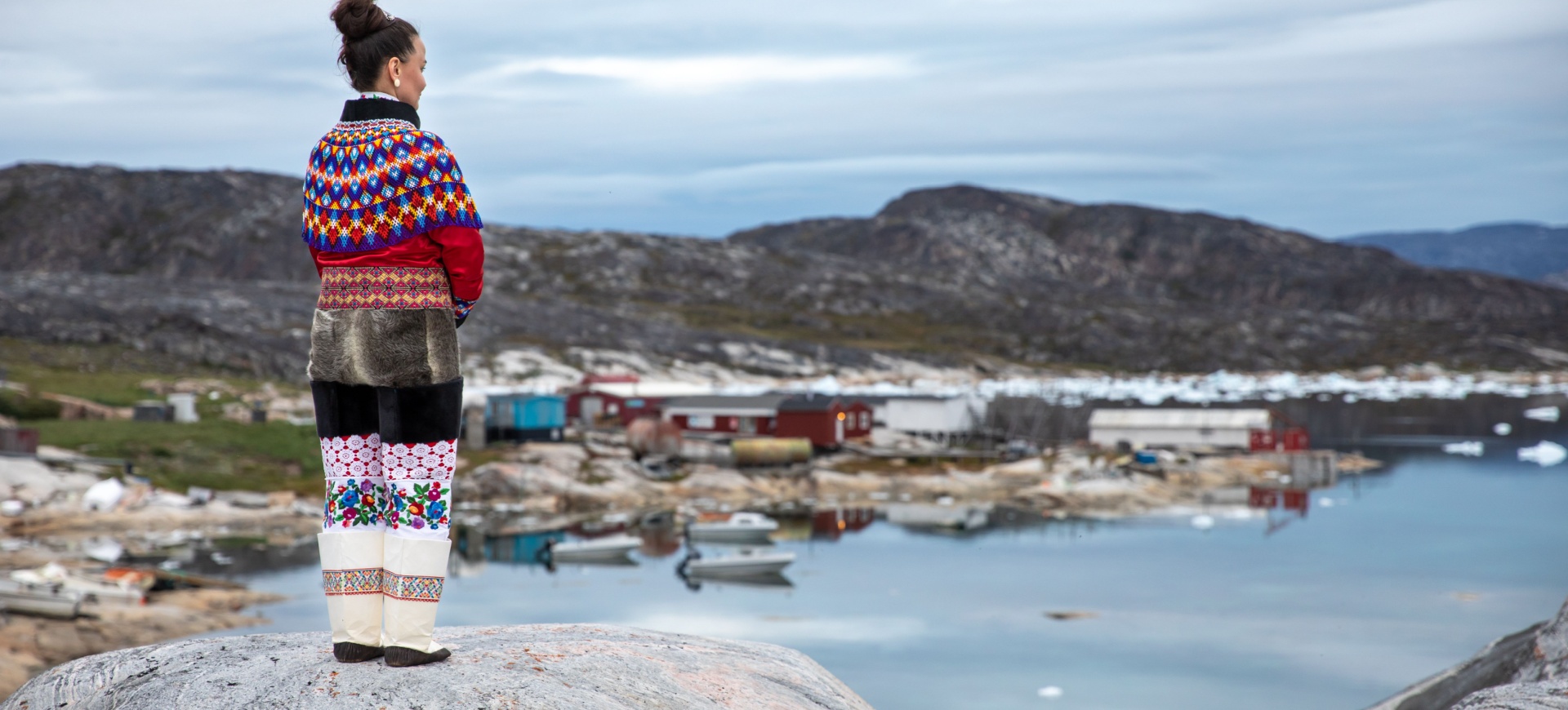The makings of stability
Editor John Kirton asks Mara Karlin, director of strategic studies, Johns Hopkins School of Advanced International Studies, what lessons can be learned from recent conflicts and how the G7 can act to prevent future wars
What are the prospects for ending America’s and its allies’ longest war in Afghanistan?
Afghanistan will play an increasingly de minimis role in US national security interests. The drag on resources, time and attention has been substantial. The American public does not seem terribly interested. The dilemma for US policymakers will be how to establish a sustainable and effective level of engagement.
The increasingly moderate state of Afghanistan may well take some steps backwards without substantial western support. The international community has to determine how closely to watch Afghanistan without having it consume too much attention and resources while keeping an eye on an increasingly dispersed terrorist threat in Africa, across the Middle East and in South East Asia.
What are the lessons of Afghanistan?
One, as long as democracies do not have to pay much blood or treasure, they will continue to be largely disinterested in the activities of their militaries. Two, our paradigm for understanding the phases of conflicts is superficial and profoundly problematic. For the US military, the paradigm of the pre-war phase, the hot war phase and the post-conflict phase clearly is not working. Three, despite substantial evidence that whole-of-government approaches to insurgencies and terrorism are more productive and effective, they are nevertheless tremendously difficult to implement.
What lessons have been added by the wars in the Middle East?
Syria shows that even the most operationally effective partners can be strategically problematic.
In Libya, the European allies could not deliver early in the conflict in line with US expectations. This, in particular, inhibited any meaningful and early US response to Syria. It made many in Washington question the impact of using force.
What about Ukraine in 2014?
Russia’s invasion of Crimea was a reminder of how meaningful the information war is. It was hard to get clear information about who was involved, what were they doing and why. It was a beautiful way to flummox a democratic system. Just before this, there was Chinese misbehaviour in the South and East China Seas. I fear that the efficacy of these actions has led some to romanticise authoritarianism and to focus on profound frustration with democratic decision-making and accepted rules of war.
Are there lessons in how the situation in the Baltics is unfolding?
There is a remarkable level of investment and refocusing by members of the North Atlantic Treaty Organization on the threats posed by Russia since it annexed Crimea in 2014: increased investment, war-gaming and strategic dialogues. But the very real question still exists: who is NATO willing to defend, where and how?
How well has the United States learned these lessons?
It is trying hard. It took a year or so after Crimea for the national security apparatus to accept that Russia had to be high on that priority list. It has increasingly acknowledged that the priorities need to be China, Russia and then other threats. It is difficult to determine how best to implement that shift. We have not seen the substantial capability investment or meaningful posture changes required to do so effectively.
How well have the United States’ G7 allies learned the lessons?
Germany has done so slowly, not for lack of political leadership but more due to a lack of domestic support to actively deal with these threats. Britain’s last strategic defence and security review was a marked improvement, and demonstrated a desire to invest in its military and to rebalance the force structure. Unfortunately, that has not come to fruition, courtesy of Brexit.
The French have taken important steps in Mali. They are a great example of the United States partnering with a capable ally. US operational assistance has been crucial, but there is a question as to whether such support will continue. The French have adopted responsibility for swathes of not-very-well governed areas. Failing to support them will have unhelpful repercussions.
How well has NATO adapted?
Compared with 10 or 15 years ago, it is making progress in thinking about challenges posed by Russia and China. So much of NATO discussions since 2001 focused on Afghanistan – and understandably so. Now it was making that critical shift. This has not been helped by President Trump’s berating allies. I am curious to see who ends up stepping up to facilitate the shift.
What is needed now from the G7 members to prevent war?
It’s complicated! The United Kingdom is flailing. The United States has been plagued by profound domestic disarray. Italy, Germany and Japan have many challenges. The impact of COVID-19 is unclear, but surely profound. That said, the G7 is an overwhelmingly functional group. It is small enough to play a meaningful leadership role. G7 leaders need to be creative and innovative. Simply put, not enough capable institutions are stepping up at this strategic inflection point – one that only grows more imperative given the implications of COVID-19.
Is it time to bring Russian president Vladimir Putin back to the G7?
It is hard to see the Russians playing a positive and productive role. Nevertheless, it might be useful to engage them superficially to get an understanding of their views.
How can the G7 leaders advance global security?
Much insecurity and instability in recent decades stem from dysfunctional systems where people cannot trust their governments to deliver. The G7 has an important role in facilitating stability across the Middle East and North Africa. These are profoundly economically underdeveloped countries with heavily corrupt, flawed systems. They end up having outsized effects regionally and beyond. The G7 can pick a handful of countries and help transform their systems. Lebanon springs to mind.











